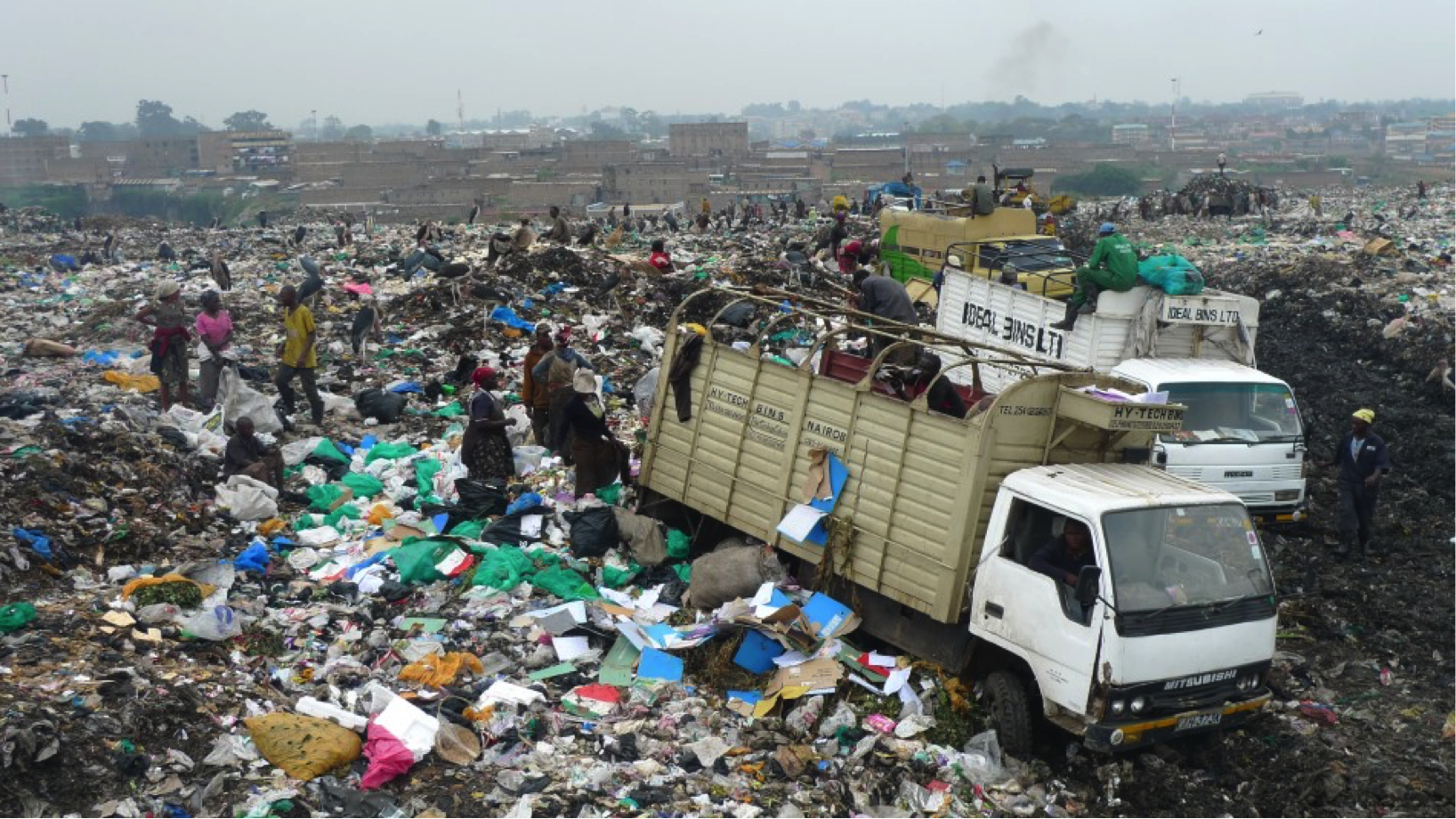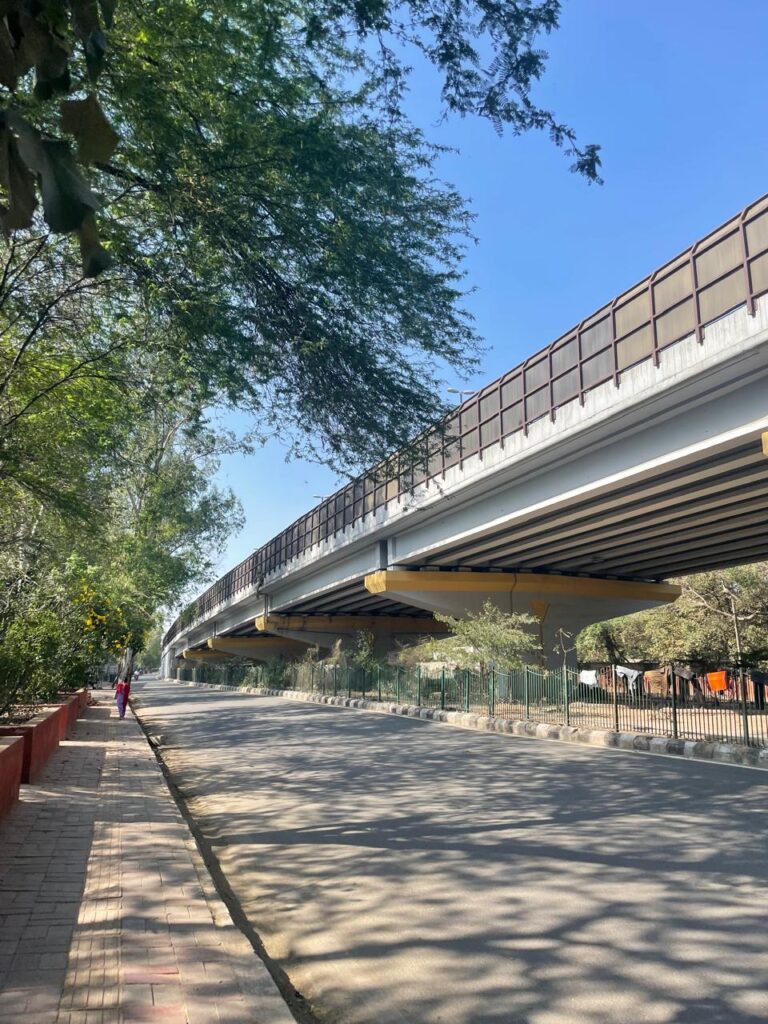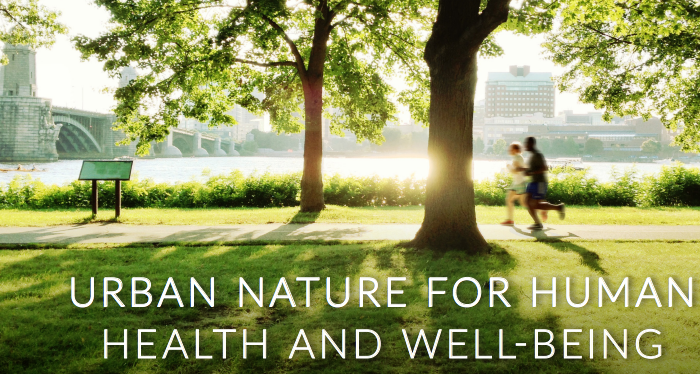City Know-hows

Target audience
UN-Habitat and the UN environmental programme (UNEP). City authorities in low- and middle-income countries.
The problem
Solid waste management is a significant issue confronting many countries across the world. It is particularly severe in low and middle countries, where solid waste production is on the ascendency. In Kenya, estimates indicate that Nairobi residents produce between 3,000 and 3,200 tons of solid waste each day. Other cities in the country face similar challenges. In light of this, the government has formulated several policies and regulations to address the menace. However, there are deficiencies in the implementation of these policies. This situation is unlikely to be confined to Kenya.
What we did and why
We used focus group discussions, key informant interviews and in-depth interviews in the data collection. We used these approaches because they offer the opportunity to investigate the issues in a more in-depth yet broader manner. We interviewed SW pickers/workers, community members/leaders, community-based organisations, waste collection companies, non-governmental organisations, government representatives, staff of county governments, national government agencies, and bilateral partners. All interviews were audio-recorded and transcribed verbatim by professional transcribers.
Our study’s contribution
Our approach used helped to identify solid waste management policy implementation gaps and opportunities that could be utilised:
Impacts for city policy and practice
Key points for cities:
Further information
Full research article:
Implementation of solid waste management policies in Kenya: challenges and opportunities by Dickson A. Amugsi, Kanyiva Muindi & Blessing U. Mberu.
Related posts

Evaluating urban environments is crucial for enhancing mental well-being. Identifying key indicators and developing a robust framework are essential steps in effectively measuring the impact. This method is fundamental for designing targeted strategies to improve mental health outcomes through informed interventions.

Violence and abuse by and among youth are critical public health issues. Building equitable cities requires centring the voices of marginalised young people, whose experiences provide vital insights into safer urban spaces. Supporting marginalised youth in shaping safer cities is a delicate balance, like the porcupine’s dilemma; —nurturing participation while ensuring protection. Together, we can create safer, more equitable spaces for all.

The study by collecting data from a sample in a developing and rapidly urbanizing country in South Asia highlighted the importance of green space interventions to promote urban dwellers’ contact with urban green spaces and physical activity levels. Moreover, it highlighted differences in urban green space usage behaviours based on differences in sociodemographic characteristics, suggesting the necessity to target certain sub-population groups more than others.